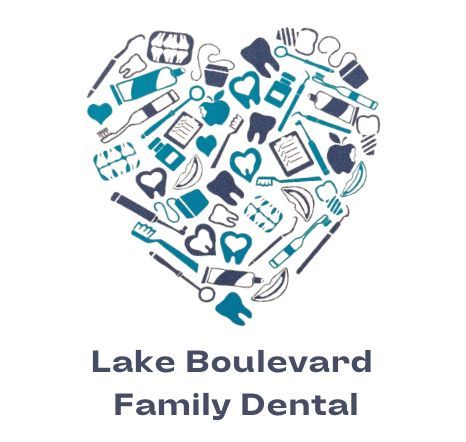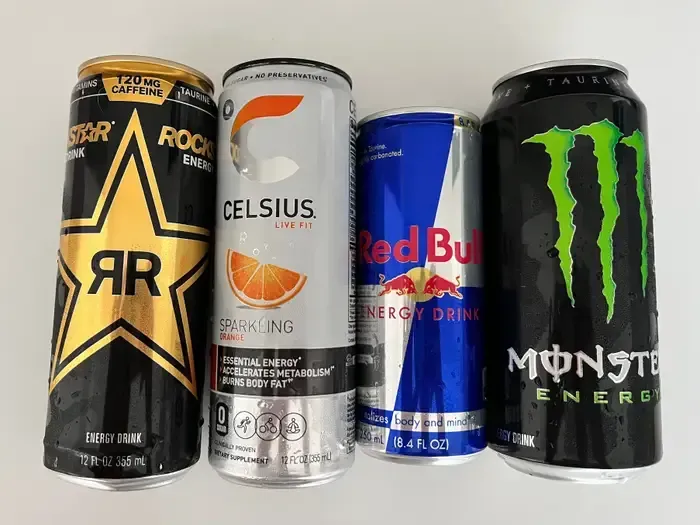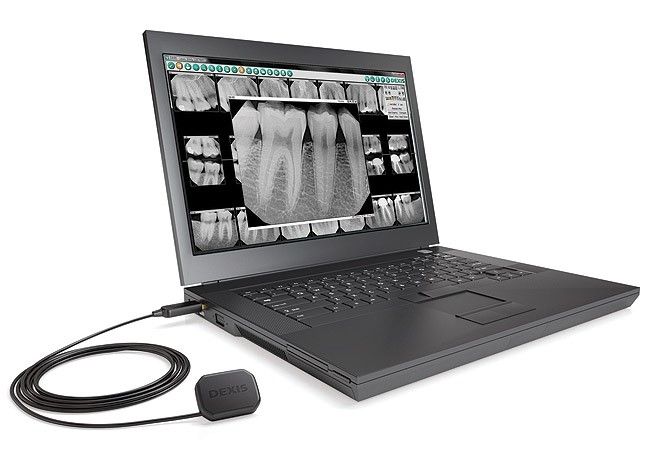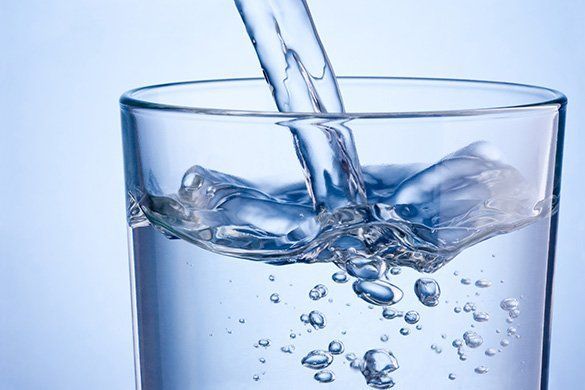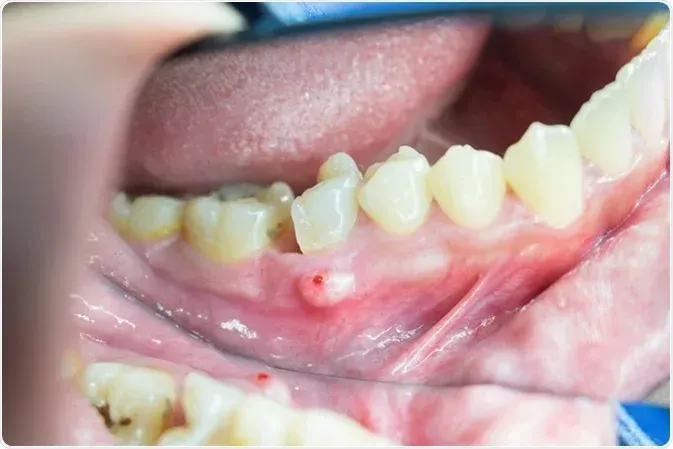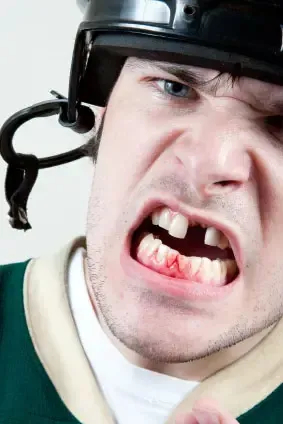How Often Should You Replace Your Toothbrush and Tips for Sanitizing Your Toothbrush
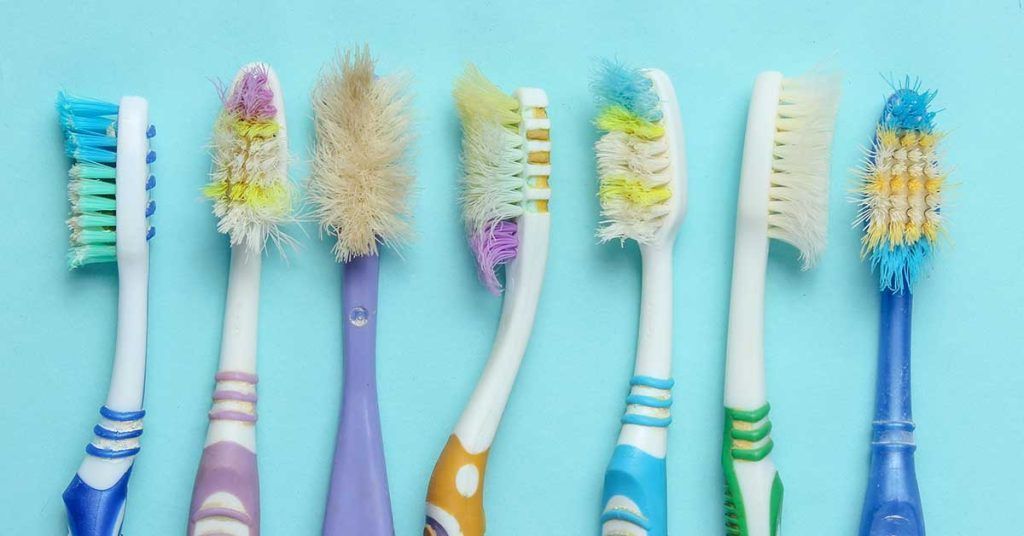
Replacing Your Toothbrush
Did you know that toothbrushes wear out? It’s true! When your toothbrush becomes worn, it become less effective. So, how often should you replace your toothbrush, as a general rule of thumb, dentists typically recommend getting a new toothbrush every 3 to 6 months. It can be helpful to write down the date you opened your new toothbrush to keep track.
Secondly, if your toothbrush bristles appear frayed, worn or the color has faded, your toothbrush needs to be replaced. As toothbrushes wear out, they become less effective, and optimum effectiveness is important to get a thorough clean every time you brush!
Lastly, if your toothbrush shows signs of discoloration (especially at the base of the bristles) or has a musty smell, you should replace it, as it could be harboring mold or bacteria.
When shopping for a new toothbrush, look for one with soft bristles and carries the approval of the ADA (American Dental Association). It’s also important to select a toothbrush that is the correct size for your mouth to ensure that it is compact enough to reach all the surfaces of your teeth, especially your molars at the very back.
Toothbrushes, Bacteria and Sanitation
Your mouth is home to many different types of germs and bacteria. When you brush your teeth and tongue, the bacteria, saliva, toothpaste, food debris, and blood stay on your toothbrush. Studies have found that even after rinsing a toothbrush with water, it can still be contaminated with microorganisms. Experts say that thousands of different types of microorganisms can grow on toothbrush handles and bristles. Many of these are harmless and are naturally found in your mouth. But some can cause illnesses, like the flu. soaking your toothbrush in hydrogen peroxide or antibacterial mouthwash can help kill any bacteria that may be on it.
- Mix 1 teaspoon of peroxide in 1 cup of water
- Swish the bristles of your toothbrush in the solution or soak for 15 minutes
- Rinse your toothbrush with water before brushing
- If you decide to soak your toothbrush in the solution, change the solution every day
You can also disinfect your toothbrush by swishing it in an antibacterial mouthwash for 30 seconds. If you don't have mouthwash, you can use 2 teaspoons of baking soda mixed into 1 cup of water instead. Soaking your toothbrush in white vinegar once a week may also help disinfect it.
Denture cleaning solutions can be used to disinfect your toothbrush. Denture cleaners have enzymes and detergents that help break down food proteins. The citric acid and sodium bicarbonate in denture cleaners can also help loosen food stuck between toothbrush bristles. Rinse your toothbrush well after using a dental cleanser.
Lastly, be advised, a moist environment promotes the growth of bacteria and or mold. Studies have found that toothbrushes kept in closed containers, travel cases, and toothbrush covers have more bacteria than those left to air dry. After you've finished brushing or sanitizing your toothbrush rinse the toothbrush and shake off the excess water. Run a finger or thumb across the bristles to help remove the water. If you choose to cover your toothbrush with a holder or container, air dry your toothbrush first in an upright position.

